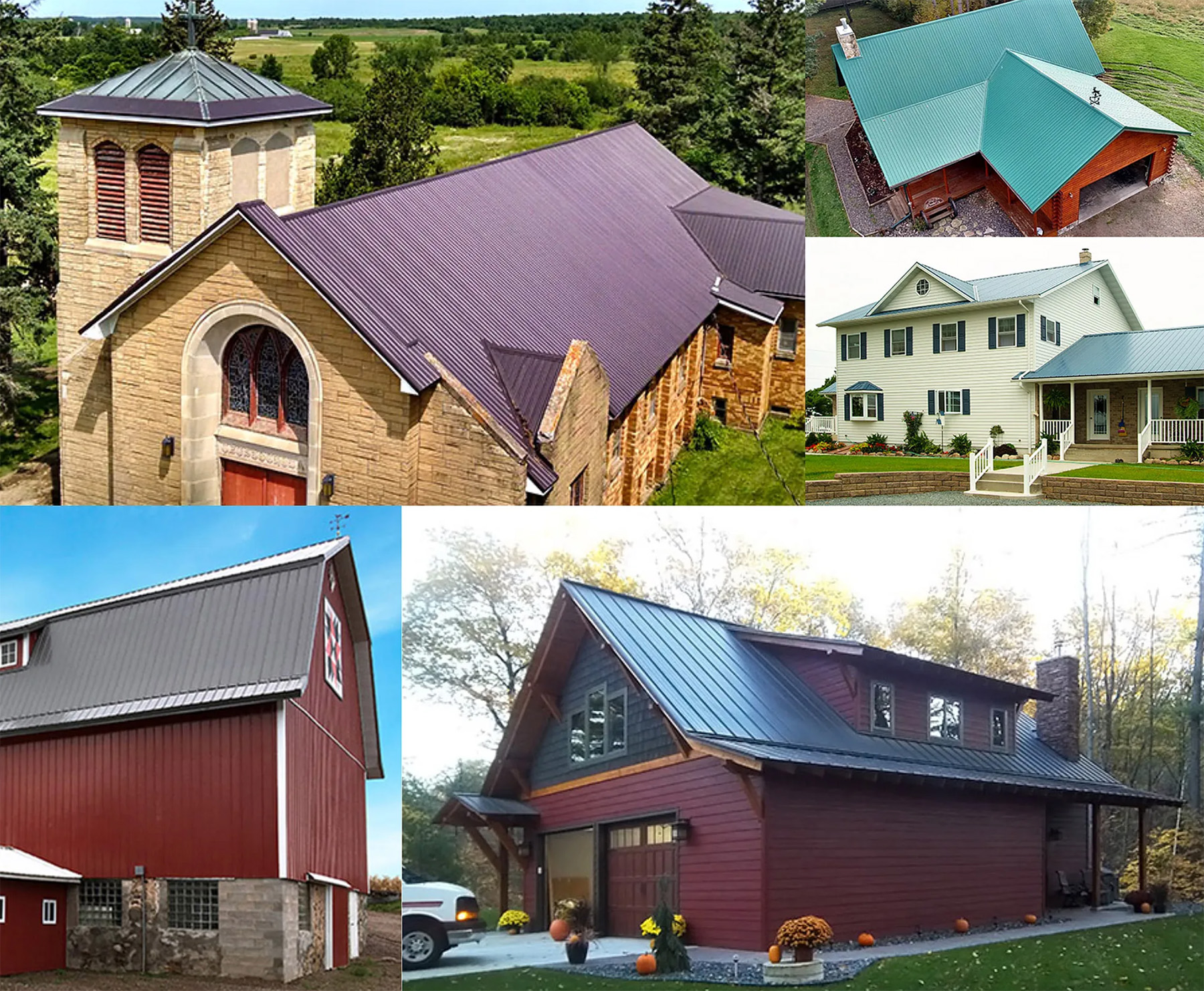The acquisition expands Ambassador Supply’s service offerings and strengthens its growing materials and post-frame businesses.
Britt Salay | WANE
January 13, 2021
ANGOLA, Ind. (WANE) — Early childhood educators in Northeast Indiana say access to childcare in the area is few and far between, but they anticipate that could change with an online resource that aims to make the process of opening a center much easier.
Early learning centers The Vine in Angola and Lighthouse Montessori both opened their doors in the fall of 2020. It was a process their directors said was made easier because of their access to the Indiana Early Learning Hub, an online resource dedicated to supporting childcare facilities.
“We’ve been using the Hub, that has helped us start up our program,” said Lisa Howe, director of Lighthouse Montessori. “It’s helped us with discounts, on materials and equipment.”
Howe said they have mostly relied on the Hub for the supplies discount since they opened in October, as much of their process is modeled after Agapé Child Care Ministry, a childcare center that is also run by Howe. The Vine director Sybil Stanton said they have leaned more on the resources offered, such as human resources management and curriculum since they opened in November.
“If we looked at something and we’re like, well, we got to create a policy or we got to create different communications to families,” said Stanton. “We were able to go to that and see if it was there. If it was, then wonderful. We were able to adjust it to our facility and what we needed.”
The Hub is a national resource licensed to Indiana facilities through Lumii Kids, an organization dedicated to solving community needs. Executive Director Karyn Tomkinson said they wanted to bring the Hub to the state because early learning centers are typically smaller, and employees play a wide variety of roles.
“Early childcare providers wear multiple hats, and they play a very important role in supporting the development of our young children as well as supporting the workforce in the community,” said Tomkinson.
According to Stanton, the resource is especially beneficial in areas that are considered early learning center deserts, or regions where childcare is either few and far between or has a higher need than availability. It is a problem that has only grown as the workforce has increased.
“We live in an age now where both parents are out, and they produce an income that comes into the home, so childcare is a significantly higher need,” said Stanton.
Tomkinson said the pandemic has helped to highlight this need, especially as some childcare centers have been forced to close as a result of the pandemic.
“It’s really brought some much-needed attention to the fragile childcare system that currently exists in Indiana,” said Tomkinson. “It also has given us many opportunities to look at what are some systems, supports, and processes that we can put in place to help support childcare providers in the communities in which they serve.”
According to Howe, Northeast Indiana childcare centers are among those that have had to shut their doors.
“Many of the programs have shut down, some in Angola, some in Waterloo, so we have been getting people from everywhere coming this way,” saod Howe. “It’s very important and people are looking for good, quality childcare.”
These facilities can also play an important role in shaping a child’s development starting at an early age, which could better prepare them once they enter K-12 schools.
“It’s very critical that children if they don’t have a good home base that they have a good program that they can learn the skills that they need for school; independence and creativity, self-control, the ability to work and work with each other,” said Howe.


